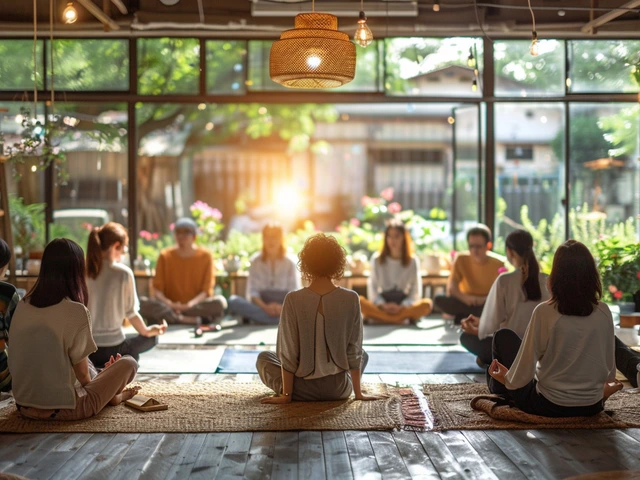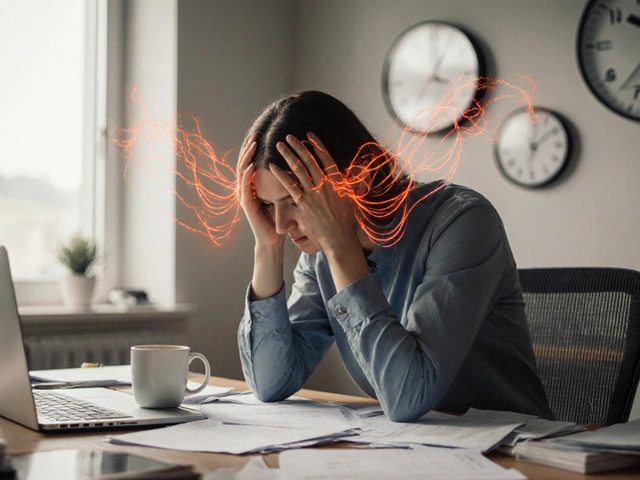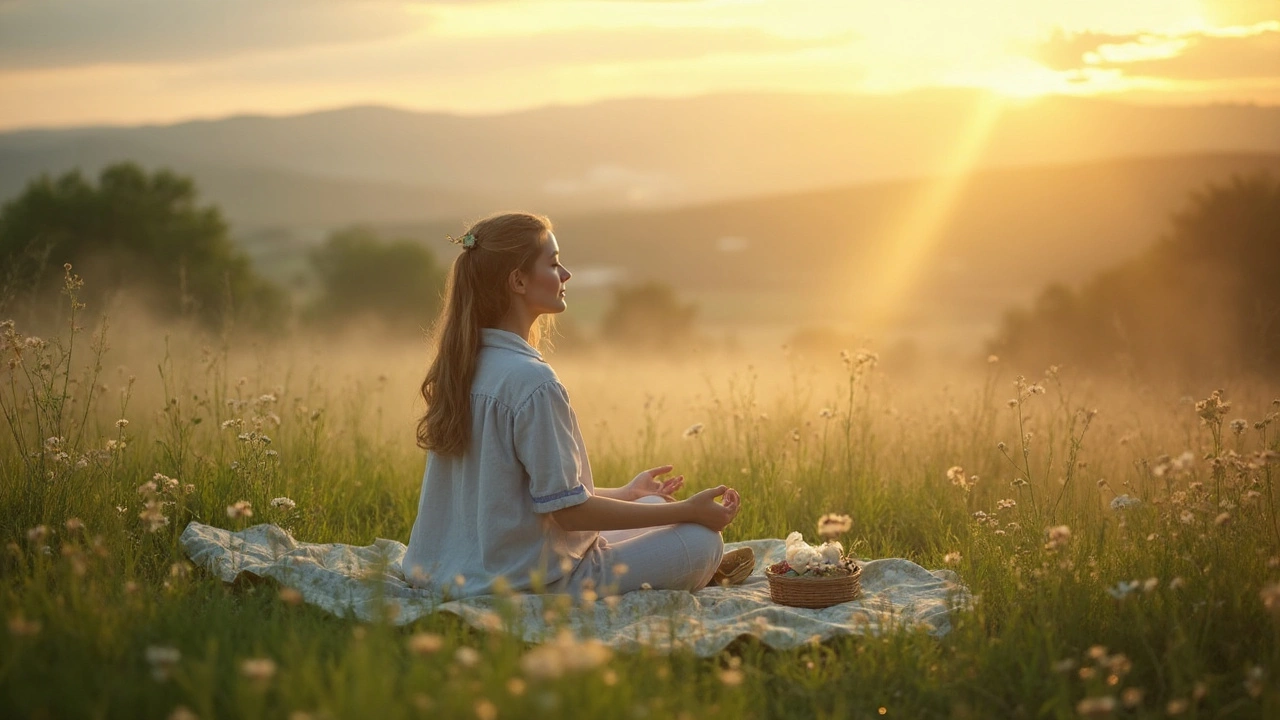
Imagine walking along Henley Beach just as the sun starts to dip below the horizon, the salty air clearing your head after a long day. Now, what if you could bottle up that sense of peace and carry it anywhere, even when the beach is the furthest thing from your office cubicle, noisy flat, or bustling commute? People everywhere are searching for ways to hit pause on life’s constant noise. Stress doesn’t care if you’re running a business, studying for exams, or just getting through the late afternoon slump—you feel it in your shoulders, your sleep, and even your sense of hope. But here’s the best bit: you don’t need fancy gadgets, expensive retreats, or a prescription to tap into your body’s power to calm itself. The secret? A few old-school, natural relaxation techniques that actually work.
Understanding Why Relaxation Matters
Let’s be honest: chronic stress is a pest. It sneaks into your life, making you tired, grumpy, jumpy, and sometimes just plain flat. When your mind can’t rest, your body pays the price—your blood pressure can climb, your digestion goes rogue, and your immune system drops the ball. In 2024, the World Health Organization reported record levels of work-related stress, especially after the pandemic scramble. More Aussies are dealing with anxiety, insomnia, and burnout than ever before. Now, maybe you think you’re tough and can handle it—but real health means more than pushing through. The good news is, the science is clear: regularly taking time to relax can lower your heart rate, slow your breath, and actually help your brain perform better. Plus, a regular wind-down routine helps reduce inflammation in the body, keeps cortisol (the main stress hormone) in check, and can even make you look younger by protecting your skin from stress-induced aging.
It isn’t just about feeling better in the moment, either. A 2023 meta-analysis from La Trobe University found that people who set aside twenty minutes a day for deliberate relaxation reported fewer aches and pains, better focus, and happier moods compared to those who powered through without a break. Think about it: relaxation is like hitting the reset button on your mental and physical systems. Without it, your performance drops and your patience crumbles. Natural relaxation techniques don’t have side effects—you won’t feel foggy like you might after medication, and you definitely won’t get a screen headache from scrolling wellness hacks online.
The Power of Breath: Mindful Breathing and Beyond
It sounds so simple you might want to roll your eyes, but your breath is your body’s built-in chill-out button. The trick is in how you use it. When you’re tense, your breathing becomes shallow and fast, signalling to your brain that something’s wrong. But slow, deep breathing flips the switch: suddenly your heart rate drops, muscles unclench, and your mind starts to clear. There’s nothing new-age about it—doctors use breathing methods to help patients before surgery, and elite athletes rely on them to stay focused when the pressure’s on.
One favourite in Adelaide is the ‘box breathing’ method, especially popular with first responders out here. Here’s how it works:
- Breathe in slowly through your nose as you count to four.
- Hold your breath for a count of four.
- Breathe out slowly through your mouth for four counts.
- Hold your breath again for four counts.
Repeat for four rounds. You’ll literally feel your body relax by the end—nerves buzz less, your jaw relaxes, and your thoughts slow. Studies from the University of South Australia have shown that regular mindful breathing improves immune function and sleep quality.
If you work in a noisy space, try this: pause for a moment, close your eyes, and take three deep, slow breaths. Focus only on how the air feels moving in and out. Even a single minute can help you refocus and reset. There’s a reason professional musicians, actors, and public speakers use these tricks backstage when nerves hit. Your breath is always with you, free and ready, no matter what your day throws at you.
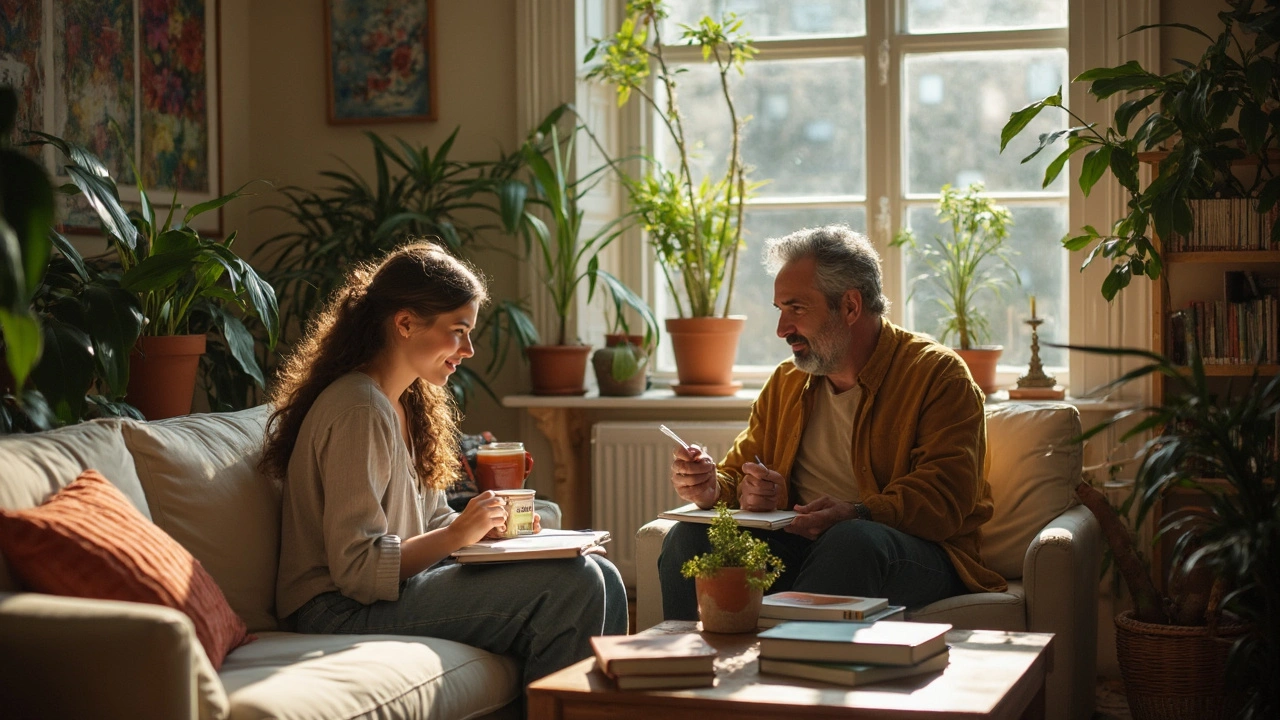
Everyday Movement: Relaxation Through Gentle Activity
For many people, relaxation doesn’t come from sitting quietly—it’s about moving your body in the right way. Think of yoga, tai chi, even a slow walk around the block after dinner. According to a 2024 survey from Australian Institute of Health and Welfare, adults who fit in just half an hour of gentle activity three times a week reported feeling twice as resilient in stressful times compared to sedentary folks. You don’t need a gym membership or expensive gear. Grab a mat (or just the carpet in your lounge), search up a ‘beginner yoga’ video, and follow along. Even stretching for a few minutes, focusing on your breath as you move, can release tension locked in your neck, back, and legs from sitting all day.
And there’s the Aussie favourite: walking. Studies out of Adelaide have shown that a fifteen-minute stroll in a local park is enough to boost your mood for hours. If you’re pressed for time, walk a few laps around your office building or pace back and forth during a phone call. Pay attention to how the air feels, the rhythm of your steps, and what you see or smell. Moving with focus calms the nervous system, teaching your body and brain how to ‘let go.’
People often forget about water, too. Swimming or just floating at Glenelg Beach or the local pool triggers the body’s relaxation response. The gentle pressure and support from the water slows your heart and dials down overactive nerves. Even if you’re not a strong swimmer, wading and gentle kicking in the shallows can help you reset. When you add mindful attention to your movements, you double the benefits. Your body and mind get the break they desperately need.
Sensory Anchors: The Role of Sound, Scent, and Touch
Relaxation is not just in your head. You can use your senses to ground yourself and shift your mood in just a minute or two. Sound is a big player here: a 2023 study at Flinders University showed that listening to calming music or nature sounds reduces anxiety and irritation even during a busy workday. Make a playlist of songs or local beach wave recordings—or, if you prefer silence, consider using earplugs to block out chaos so your brain can reset.
Scent is another shortcut. Aromatherapy isn’t just marketing; it actually works. Lavender has the strongest research backing in Australia, helping people fall asleep faster (the Lavender Study, South Australian Sleep Clinic, 2023, proved it). Rub a drop of lavender oil on your temples or pillow, or brew a cup of chamomile tea to tap into your body’s natural rest circuit. Even the smell of eucalyptus or fresh gum leaves, so common in Adelaide, can help clear your mind and support deep, calming breaths.
Never underestimate the power of touch, either. Weighted blankets are a new favourite here in SA — their gentle pressure helps calm the nervous system, especially if you’re prone to anxiety or restless sleep. If you’re on a budget, even wrapping up in a heavy doona can have a similar effect. Or try this: place your hand on your heart and take a few breaths, feeling the warmth and gentle rise and fall. Studies show this self-touch can trigger your brain’s ‘safety’ response, melting tension away almost instantly.
If you’re a fidgety type, keep a smooth stone or soft ball at your desk and squeeze it when you’re jittery. Sometimes grounding yourself in touch is enough to break a rising wave of worry. The trick is to find what sensory anchor works best for you—there’s no rulebook here, just listen to your body.
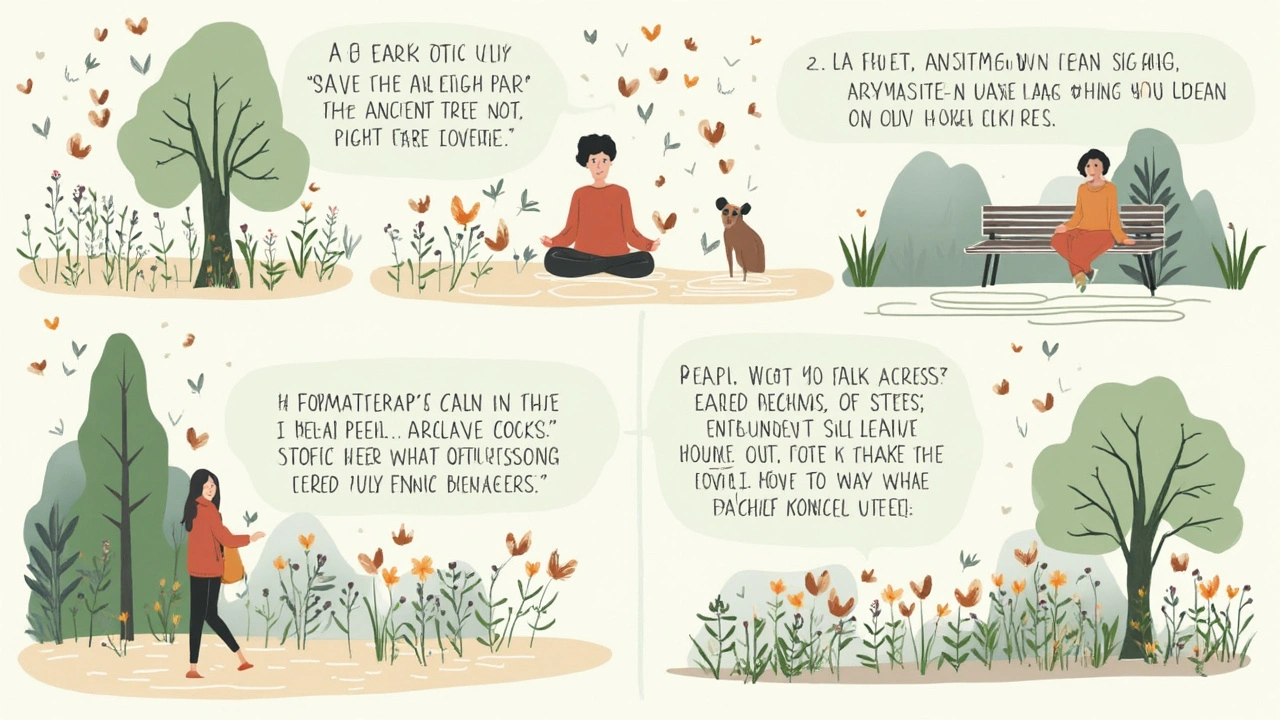
Everyday Mindfulness and Nature Connections
Mindfulness has become a buzzword, but it’s really about paying attention on purpose, right now. No incense or chanting required. Loads of Aussies use everyday mindfulness to wrangle racing thoughts or just to come back to themselves when stress builds. The basics are easy: pick an activity you do daily—brushing your teeth, making coffee, doing the dishes—and focus only on that task for a few minutes. Watch how the water moves, notice the smell of soap, feel the rhythm of your breath. When your mind wanders, gently bring it back. No judgement, no fancy skills needed.
Spending time in nature amps up the effects. A 2024 study in Adelaide tracked people who swapped ten minutes on their phone for a quick visit to the local botanical gardens. Results? Lower heart rates, happier moods, and less tension for the rest of the day. Even if you don’t have a garden, sit near a window, tend to a houseplant, or pop outside to watch the clouds. The secret is to soak it all in—notice the colours, sounds, smells. Nature doesn’t rush, and neither should you.
If meditation feels too hard, start smaller: try a ‘one-minute’ mindfulness check-in every time you switch tasks, whether at work or home. Ask: What do I hear? What do I feel? What do I see? This extra awareness helps calm your inner critic and banish background stress. Give your mind full permission to stop, even for a few breaths. You might be surprised at how much lighter you feel—and how much clearer your mind becomes for whatever comes next.

